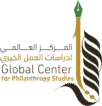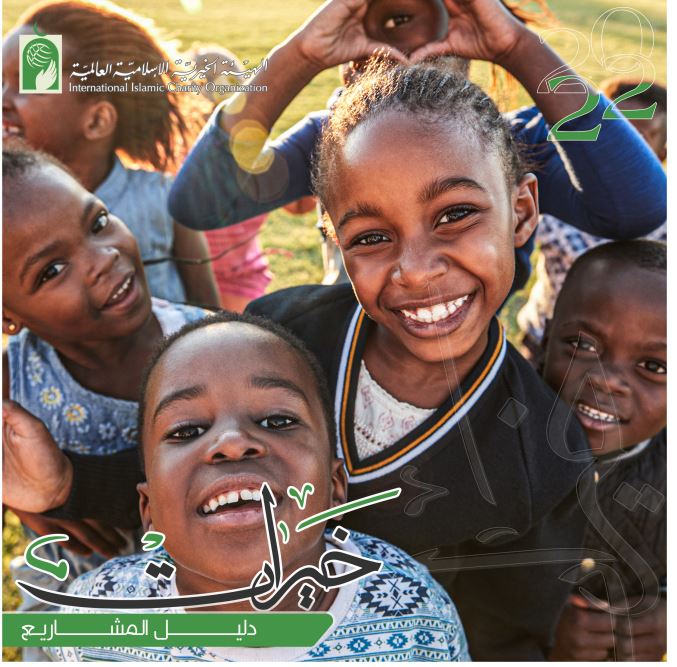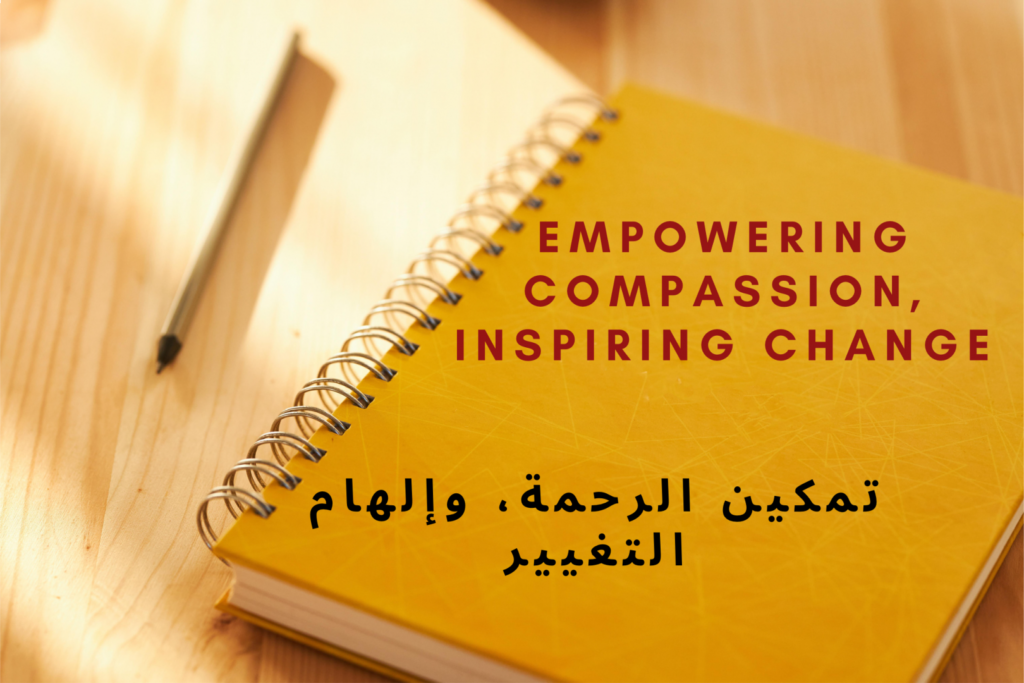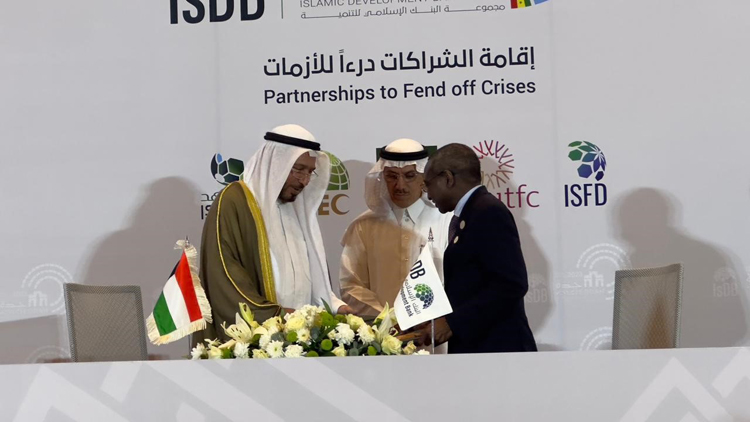Khairat, a manual that includes 314 projects in 56 countries around the world
Charitable Projects
It covers Mosques, Water, Education, Development, Health, and Culture Projects
Khairat, a manual that includes 314 projects in 56 countries around the world
Approved procedures to ensure that funds reach their beneficiaries through partners approved by the Kuwaiti Ministry of Foreign Affairs.
Charitable work has proven its leadership in providing a decent life, healthcare, and appropriate education for vulnerable groups.
The Shariah Board monitors the laws, regulations, and controls governing the work of the International Islamic Charity Organization (IICO) and its projects in accordance with Islamic principles
Our projects aim to foster and build positive people in their societies and to promote sustainable development against the poverty challenges.
Khairat, a manual for projects of 2022 AD, which was recently issued by the IICO, puts before the donors a rich list of 314 projects, which varied between mosques, water, education, development, health, and culture projects in 56 countries around the world.
The IICO implements these projects in cooperation with its partners and its foreign offices for the benefit of the weak and most vulnerable groups in the target countries. They are China, Jordan, Iraq, Philippines, Kuwait, India, Yemen, Indonesia, Afghanistan, Uzbekistan, Pakistan, Bangladesh, Burma, Thailand, Turkey, Syria, Sri Lanka, Tajikistan, Palestine, Kyrgyzstan, Kazakhstan, Cambodia, Lebanon, Malaysia, Nepal, Bosnia and Herzegovina, Albania, Germany, and the United Kingdom. As well as Poland, Sarajevo, Kosovo, Serbia, France, Canada, United States, Egypt, Ghana, Malawi, Mauritania, Nigeria, Senegal, Sudan, Somalia, Niger, Ethiopia, Uganda, Burundi, Benin, Burkina Faso, Tanzania, Tunisia, Djibouti, Cameroon, Ecuador, and Brazil.
The manual includes 21 mosques, 39 water projects, 51 educational projects, 57 development projects, 69 health projects, and 77 cultural projects. The type of the project, the country, the total cost of the project in Kuwaiti dinars, the implementation period, some details of the project and its facilities, and the number of beneficiaries will be specified.
Donation Procedures System
Based upon key and firm principles of keenness to care for the donors’ money, ensuring that they reach those who deserve them, immunizing them from suspicions of money laundering and terrorist financing, and in pursuit of better charitable work, the IICO has succeeded in implementing the strategic development and institutional building project as part of its efforts to enhance transparency and integrity standards and to control the Donation procedures system.
As the IICO assumes this responsibility in accordance with a clear, professional, and disciplined vision with systematic procedures, policies and mechanisms of study, review, implementation, follow-up, and transparency.
According to the manual’s preamble, the donation procedures system is based on several levels, ensuring the implementation of the values of governance and transparency for all procedures, and they are as follows:
First: Oversight of sovereign institutions at the national level, as the IICO has approved, within the integrated donation system, the database of the Kuwaiti Humanitarian Aid System affiliated to the Kuwaiti Ministry of Foreign Affairs, as it only deals with the approved bodies within this system.
Second: A set of internal procedures and policies, which represent an integrated package that starts from the five-year strategy 2020-2024, which has defined the scope of the strategic focus for charitable projects planned to be granted funds during the strategic years.
Third: A series of detailed procedures that start with the review and selection of three charitable bodies according to controlled criteria. After that, these procedures extend to studying project proposals by a specialized unit to verify the integrity of the financial terms of the project as well as the legal, administrative, and technical frameworks related to project implementation.
Fourth: Follow-up of the flow of funds to the implementing bodies after the approval of charitable projects submitted by charitable bodies by a specialized committee within the IICO.
Fifth: Monitoring the implementation through periodic reports that prove the implementation of the agreed works in accordance with the signed contracts, before transferring additional payments from the funds approved for the project.
Sixth: The IICO’s use of other external institutions under a Third-Party Agreement, as its objective is to review and examine the works of the implementing bodies, to ensure that the project is closed, to review financial disbursement procedures, and to comply with all technical and administrative controls by the donated charities.
Improvement of the Quality of Life
On his part, the Chairman of the Board of Directors of the IICO, Dr. Abdullah Al-Ma’touq said that the IICO seeks, in accordance with its strategic plan 2020-2024, to foster and empower people economically, to be able to make the greatest positive impact in their society. As he referred, in this context, to the projects of establishing schools, educational complexes, villages, and integrated residential cities, building hospitals, health centers, development and craft projects, etc., which contribute to the quality of life of the poor, the needy, and victims of disasters and calamities.
He noted that the IICO’s support for these educational, health, construction, development, and relief projects does stem from the duty of brotherhood and human and moral responsibility, and its keenness to strengthen bonds of affection with peoples and the advancement of poor societies. Dr. Al-Ma’touq added, “The charitable work has proven its leadership in supporting projects that provide people with the simplest rights to a decent life, comprehensive health care, and appropriate education, which contributes to graduating a generation of producers and positive influencers in their societies.
Sustainable Development
On his part, the Director General of the IICO, Eng. Bader Al-Sumait, said, “We are pleased to present the simple people, this manual of (IICO) , as they are our partners in the industry of the process of giving, which constitutes a source of dignified life for the needy of the vulnerable groups. And in application of our great Islamic values in generosity, compassion, solidarity, pleasing the heart-broken and removing the anxieties of distressed souls.”
He stated that the IICO seeks, through the projects of this manual, to maximize the impact and keep pace with the sustainable development goals of the United Nations, in facing the challenges of poverty, the deterioration of educational services, and the spread of diseases, epidemics and unemployment, with the aim of fostering a positive human in his society.
In this context, Eng. Al-Sumait said that the IICO’s strategy 2020-2024 instructs to support projects with sustainable impact and great benefit that contribute to improving the quality of life of the beneficiaries, calling on donors to support this package of diversified projects.
Sharia Supervision
Within the framework of Sharia supervision over projects, the role of the Shariah Board comes in the IICO, which includes an elite group of scholars headed by Dr. Ajeel Al-Nashmi, as it is concerned with accessing everything related to its work and projects. It also considers the laws, regulations, and controls governing the work and projects of the IICO, in order to be assured of its safety from a Sharia point of view and the enforcement of its activities according to the Islamic principles.
According to the Shariah Board, the laws, regulations, and controls of the IICO achieve legitimate protection for all its activities, and enhance the confidence of the stakeholders in its performance and charitable path, especially as it is one of the largest charitable organizations in the Islamic world.
Governance Policies
In order to establish transparency and achieve best practices, the IICO has, through its decision-making bodies, approved a set of policies and procedures aimed at strengthening the overall environment for governance in line with international standards, laws, regulations, and practices, including policies related to combating money laundering and terrorist financing, reporting violations, protecting whistleblowers, disclosure, transparency, conflicts of interest, compliance, and fundraising.
Through the application of governance policies in its procedural, operational and executive processes, the IICO aspires to work to protect charitable work and ward off suspicions about it, provide high-quality services to beneficiaries, adhere to the highest levels of transparency and integrity. As well as to raise performance and productivity rates, and reduce any potential risks, in addition to enhancing the good reputation of the State of Kuwait as a hub for humanitarian action.
Each of these policies included a set of articles showing their nature, objectives, implementation steps, scope of applications, and responsibilities of those concerned parties.
In the context of the practical application and commitment to governance policies, the IICO instructed its employees to read the same and sign a declaration stating that, and to work accordingly in order to improve performance in accordance with this supervisory system. In light of these policies, the IICO seeks to protect charitable work and the governance of its organizations, work to develop the same, and lay solid foundations for high-performance organizations.




